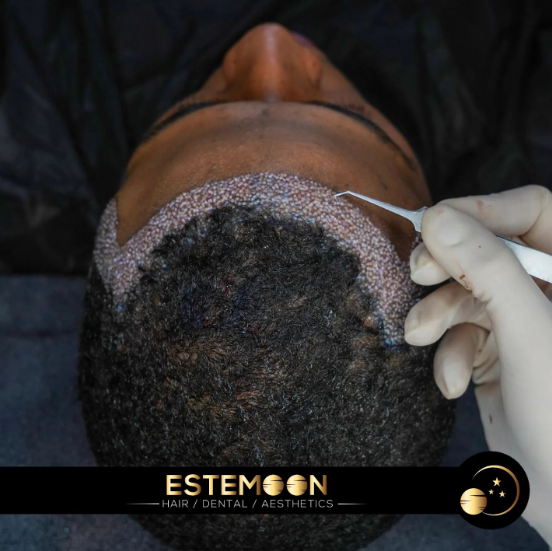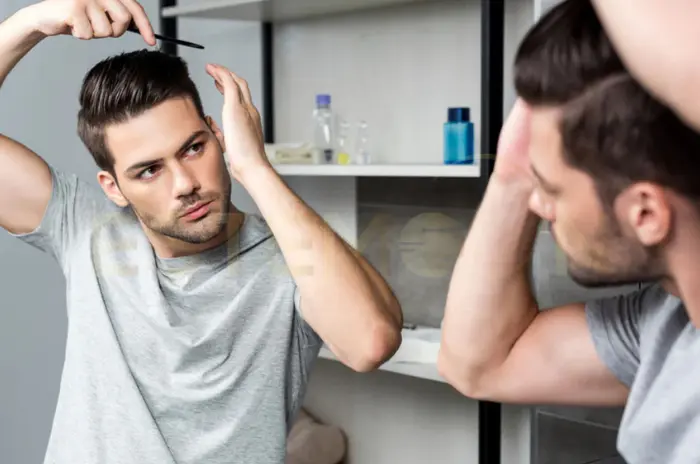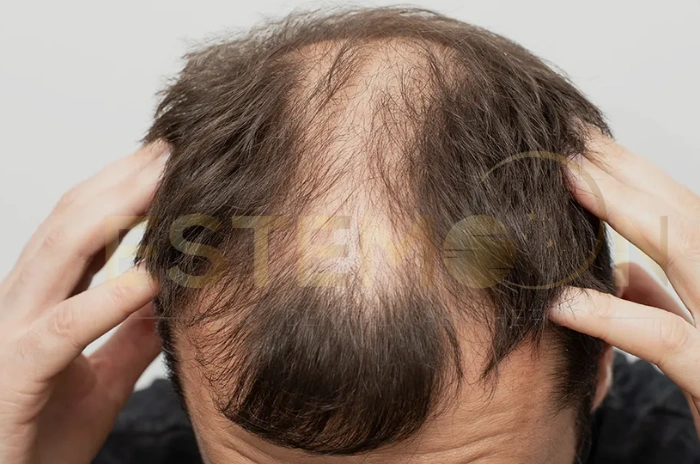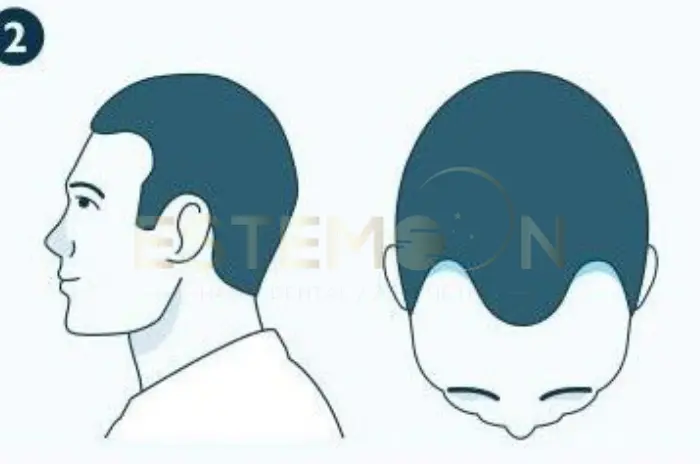A hair transplant is a significant investment in your appearance and confidence. However, certain factors can damage your hair transplant, potentially compromising the results. Understanding these factors and taking proactive measures can help ensure the longevity of your new hair. In this article, we’ll explore what can damage a hair transplant and how you can protect your investment.
1. Poor Post-Operative Care
Post-operative care is crucial for the success of a hair transplant. Failing to follow your surgeon’s instructions can lead to complications such as infection, graft dislodgement, and poor growth. Key aspects of post-operative care include:
- Keeping the scalp clean: Gently washing your scalp as instructed.
- Avoiding scratching or picking: Itching is common, but scratching can damage grafts.
- Following medication protocols: Take prescribed antibiotics and anti-inflammatory medications.
2. Exposure to Sunlight
Direct exposure to sunlight can damage the delicate grafts, especially in the first few weeks post-surgery. Ultraviolet (UV) rays can cause inflammation and slow down the healing process. Protect your scalp by wearing a hat or applying a recommended sunscreen when outdoors.
3. Physical Trauma
Physical trauma to the scalp can dislodge hair grafts and impact the overall success of the transplant. Avoid activities that put your scalp at risk, such as contact sports or heavy lifting, for at least a month after your procedure.
4. Smoking and Alcohol Consumption
Smoking and alcohol can negatively affect blood circulation, essential for healing and graft survival. Nicotine constricts blood vessels, reducing oxygen flow to the scalp. Limiting or avoiding smoking and alcohol for several weeks before and after your surgery can improve your results.
5. Infections
Infections can severely damage hair transplants and impair healing. Signs of infection include redness, swelling, and pus. Keeping the scalp clean and following your surgeon’s care instructions can help prevent infections. If you suspect an infection, contact your surgeon immediately.
6. Excessive Heat
Exposing your scalp to excessive heat from saunas, hot tubs, or even blow dryers can damage grafts. Heat can cause sweating and swelling, hindering the healing process. Avoid heat sources and opt for gentle air drying.
7. Improper Nutrition
A healthy diet rich in vitamins and minerals supports the healing process and promotes hair growth. Nutrients like zinc, iron, and biotin are crucial for hair health. Ensure your diet includes a variety of fruits, vegetables, lean proteins, and whole grains.
8. Stress
Stress can negatively impact hair growth and overall health. High stress levels can lead to hair shedding and slow recovery. Incorporate stress-relief techniques such as meditation, exercise, or hobbies to maintain a calm and positive mindset.
Final Words
Understanding what can damage a hair transplant is essential for ensuring the best possible results. By following proper post-operative care, protecting your scalp from harmful factors, and maintaining a healthy lifestyle, you can enjoy the full benefits of your hair transplant. At Estemoon, we’re dedicated to providing you with the knowledge and support you need for a successful hair restoration journey.




